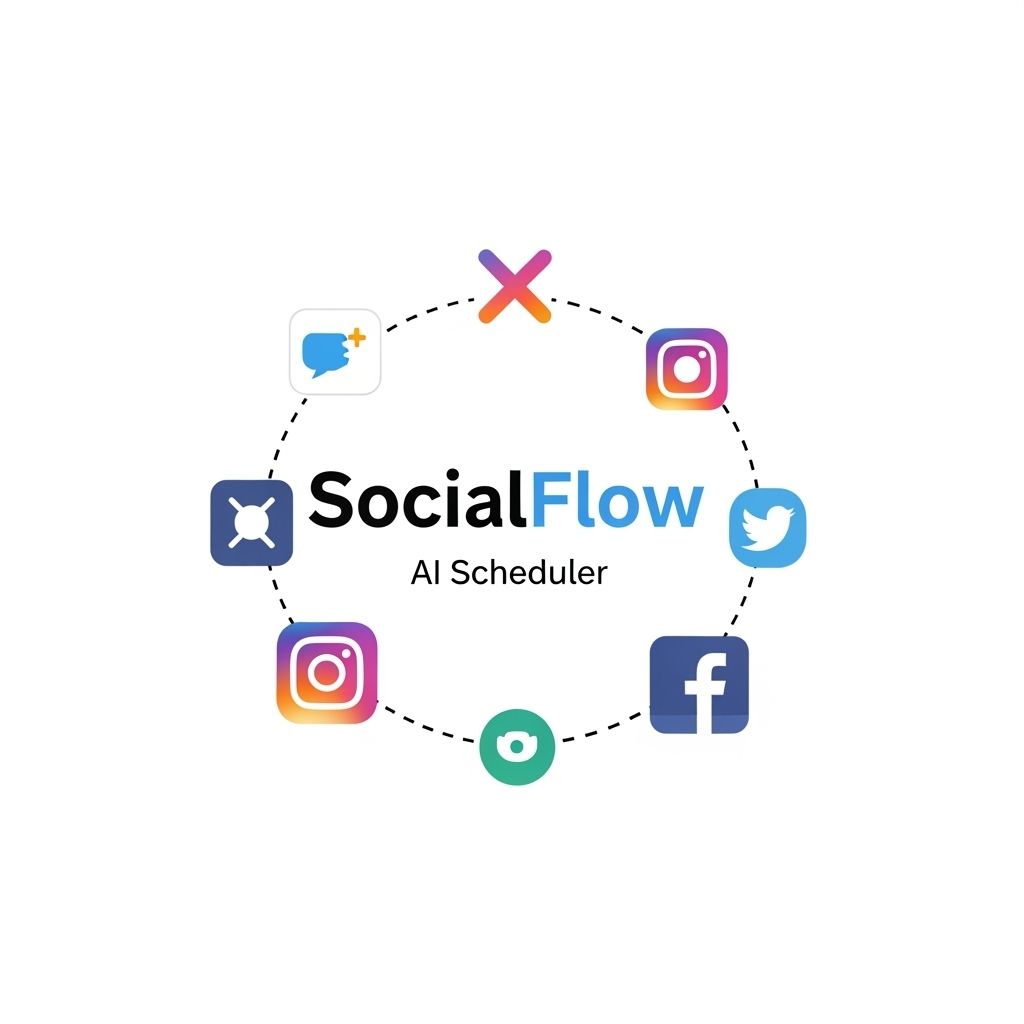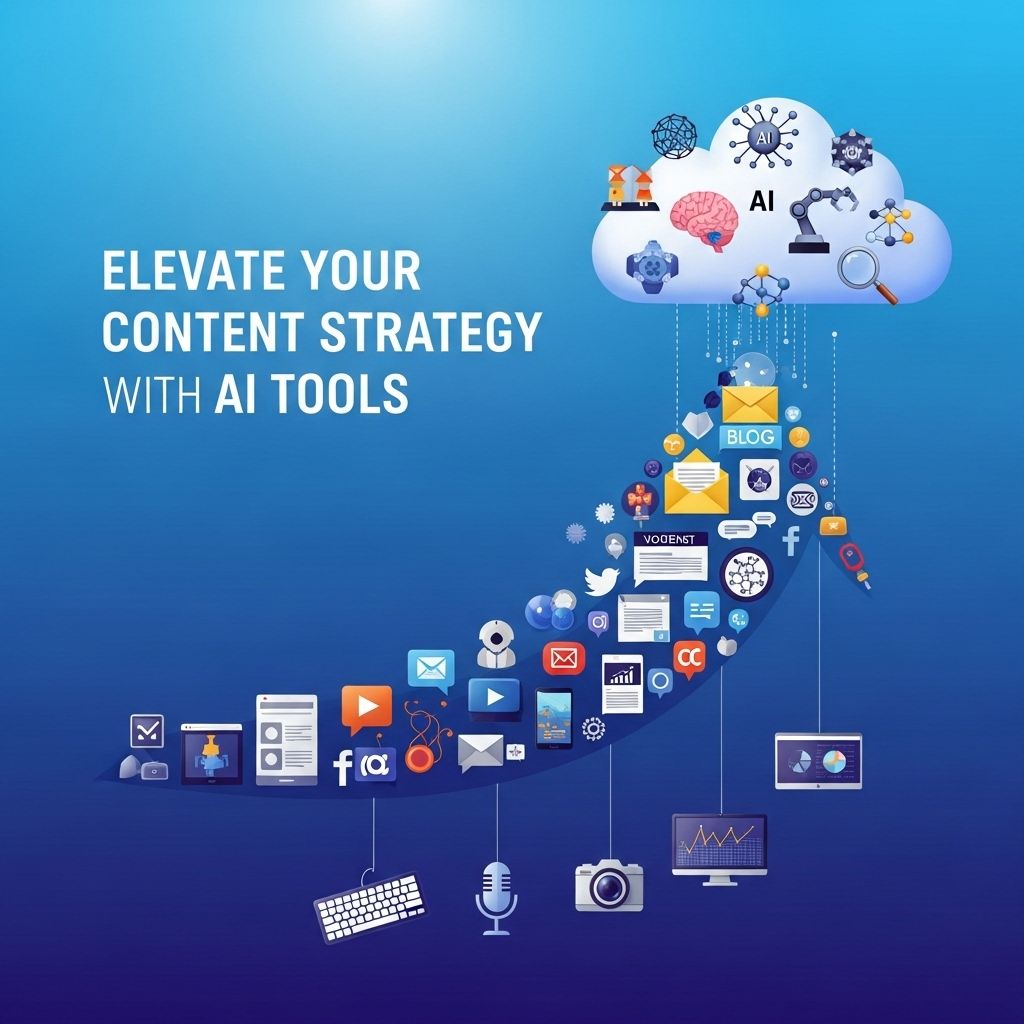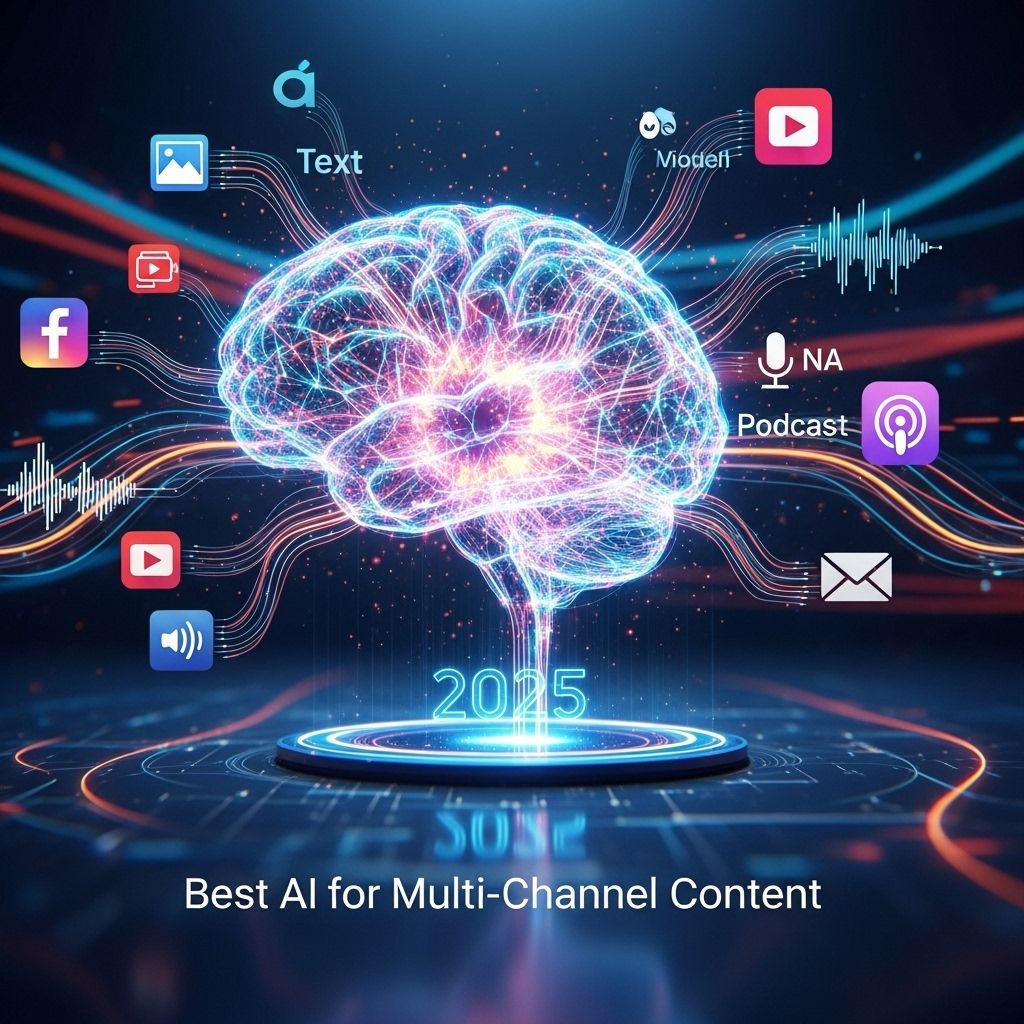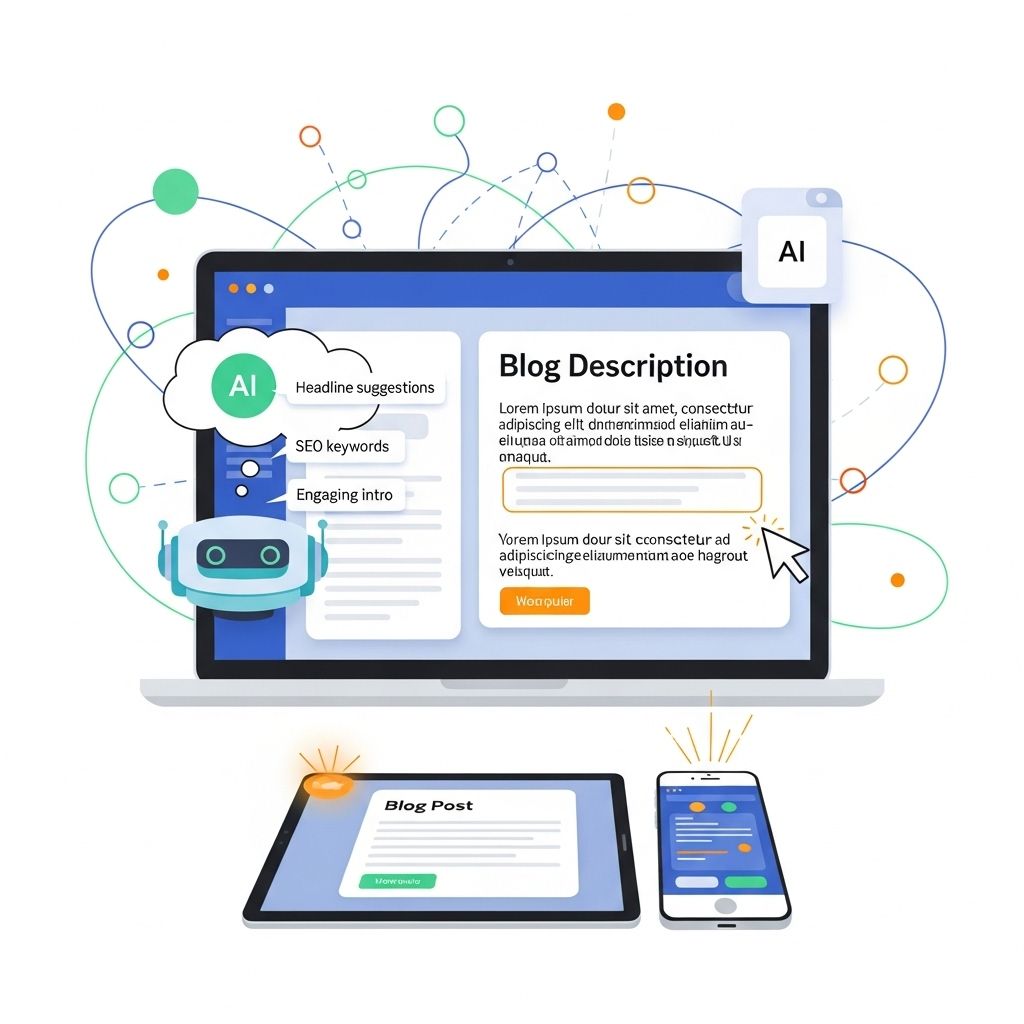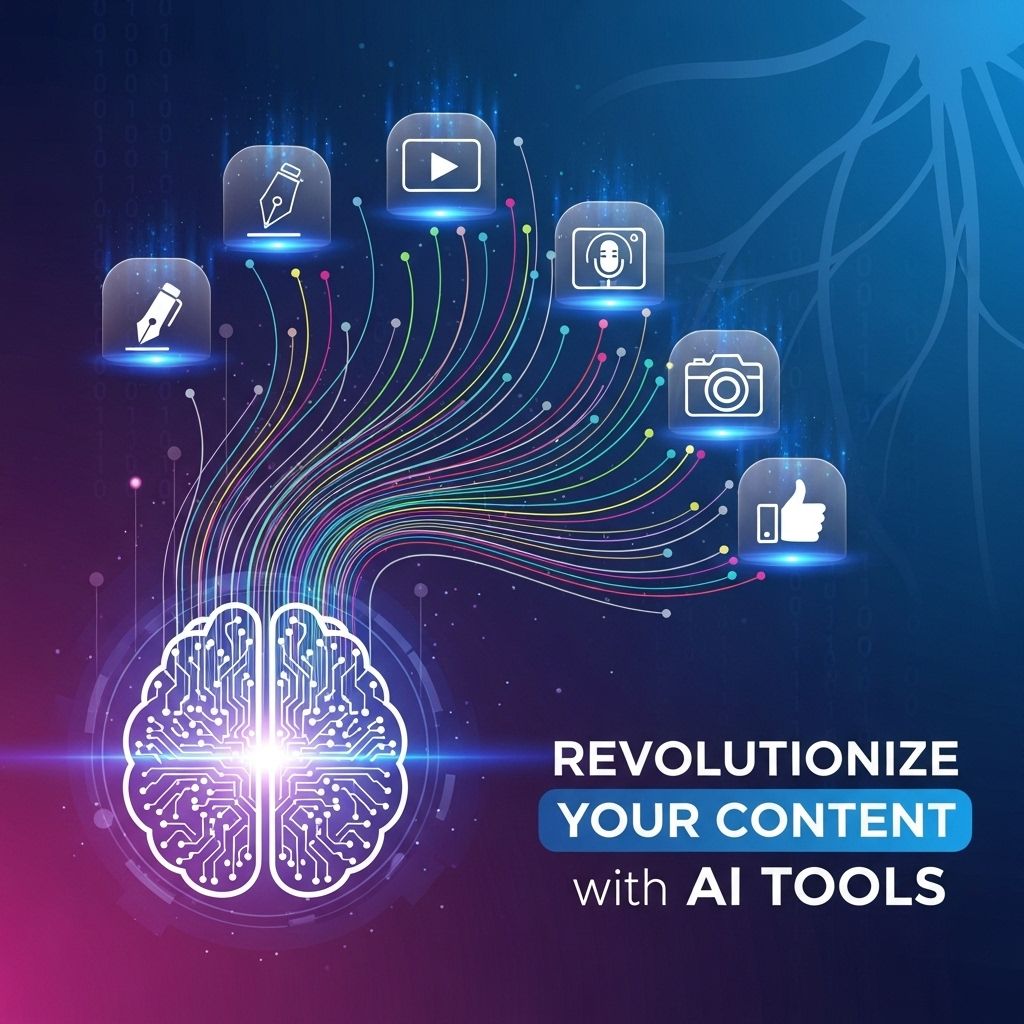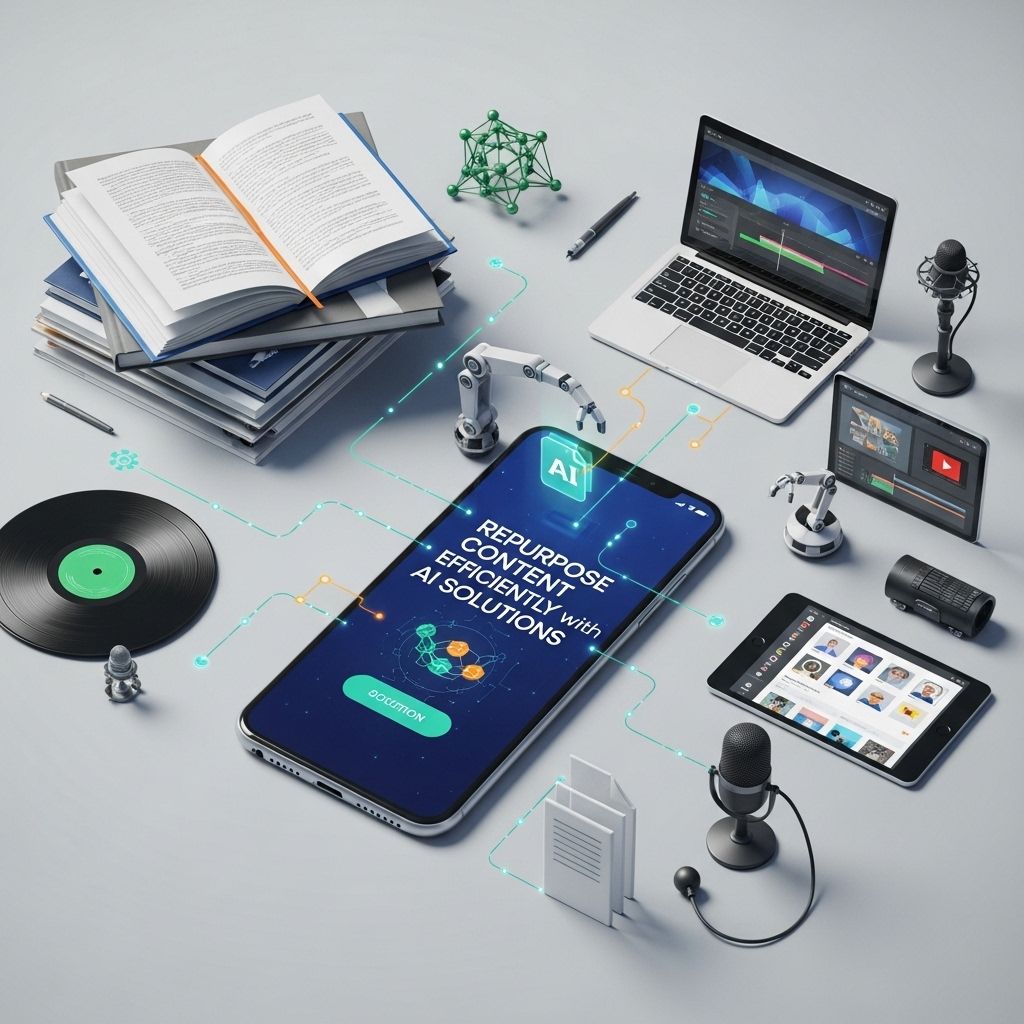Transform Your Content with AI: Trends for 2025
Explore how AI will revolutionize content creation and marketing strategies in 2025. Stay ahead with the latest trends and insights.
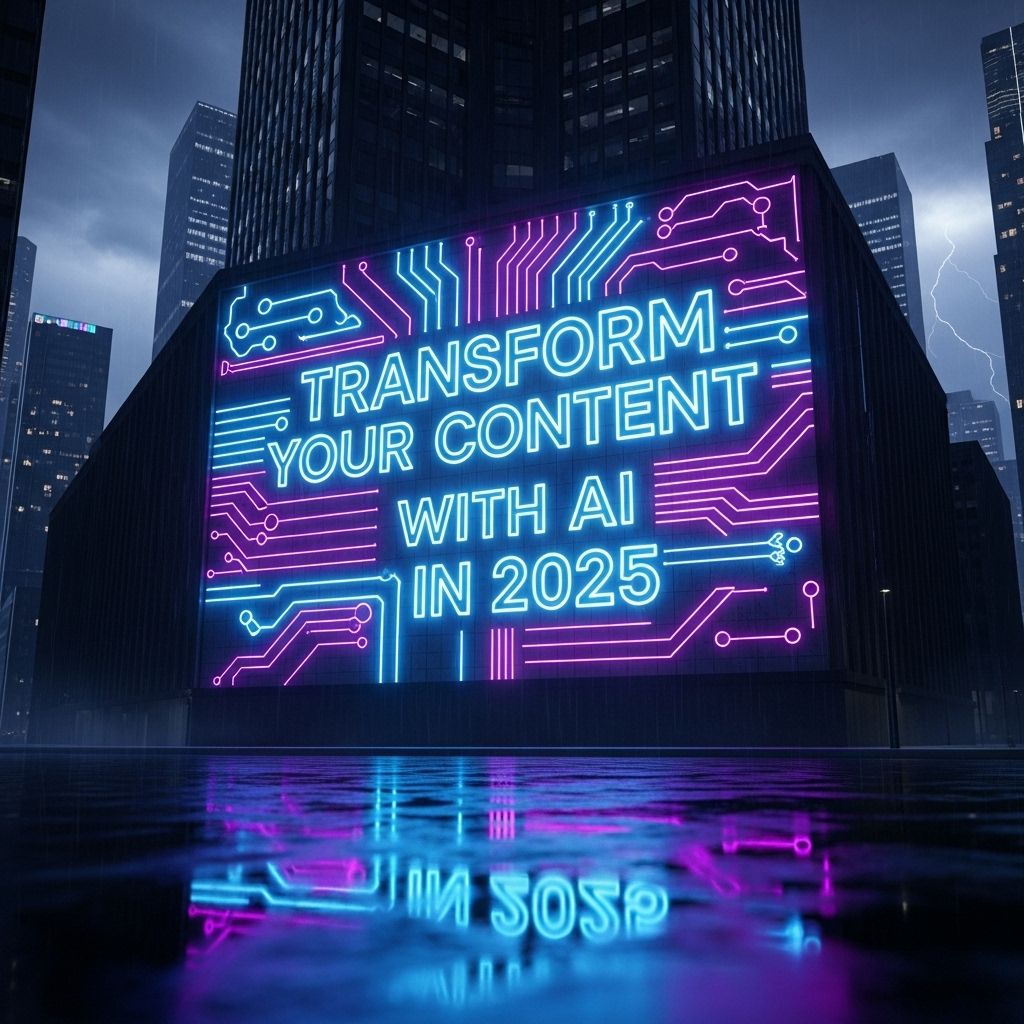
The dawn of artificial intelligence has revolutionized various domains, and content creation is no exception. As we look towards 2025, the potential of AI in transforming content is not just about improving efficiency; it’s about enhancing creativity, personalization, and engagement. Whether you are a marketer, a content creator, or a business leader, understanding the future landscape of AI-driven content can significantly elevate your strategy and execution.
Table of Contents
The Evolution of AI in Content Creation
Over the past few years, AI has evolved from basic automation tools to sophisticated algorithms capable of understanding context, sentiment, and even creativity. The advancements in natural language processing (NLP) and machine learning (ML) have paved the way for AI systems that can generate, curate, and optimize content. Let’s explore some key milestones that have shaped this evolution:
- Natural Language Generation (NLG): AI models like OpenAI’s GPT-3 have set new standards for generating human-like text.
- Personalization: AI systems analyze user data to create content tailored to individual preferences.
- Content Curation: Machine learning algorithms sift through vast amounts of data to recommend relevant content.
- Sentiment Analysis: AI tools assess the emotional tone of content, aiding in effective messaging.
AI Tools Revolutionizing Content Creation
As we step into 2025, several AI tools are at the forefront of content creation, each serving a unique purpose:
1. Content Generation Platforms
These platforms utilize advanced AI to create articles, blogs, and social media posts. Notable examples include:
- Jasper: Known for producing high-quality text with user-friendly interfaces.
- Copy.ai: Focuses on marketing copy, enhancing brand storytelling.
- Writesonic: Provides diverse templates for different content types.
2. AI-Powered SEO Tools
Search engine optimization is crucial for content visibility. AI tools help optimize content for search engines by:
- Keyword Analysis: Suggesting relevant keywords based on trends.
- Content Structuring: Recommending headings and subheadings.
- Competitor Analysis: Analyzing top-ranking content to identify gaps and opportunities.
3. Social Media Management Tools
AI tools can schedule, post, and analyze social media content to improve engagement:
- Hootsuite: Offers insights on the best posting times and formats.
- Buffer: Streamlines social media strategy through analytics.
Personalization and AI: A Winning Combination
Personalization in content helps in creating a unique user experience. AI enables this by analyzing user behavior, preferences, and interactions. Here’s how:
Data-Driven Insights
AI systems gather vast amounts of data, giving insights on:
- User demographics and interests
- Content consumption patterns
- Preferred formats and lengths
Dynamic Content Adjustment
AI can dynamically adjust content in real-time based on user interactions. For example:
| Interaction | Content Adjustment |
|---|---|
| High Engagement | Showcase similar content |
| Low Engagement | Suggest alternative topics |
Enhancing Creativity with AI
AI isn’t just about efficiency; it can also enhance creativity. Here’s how:
Idea Generation
AI tools can brainstorm ideas by using existing content and trends. For example:
- Topic Discovery: AI can identify trending topics based on social media conversations.
- Content Variations: Generate multiple angles for the same topic.
Language and Style Adaptation
AI can also help in refining language and style:
- Style Transfer: Adapting content to match a specific tone or voice.
- Grammar and Style Checks: Ensuring content is polished and professional.
The Future of AI in Content Strategy
The integration of AI into content strategy isn’t just a trend; it’s an evolution. As we move forward, here are some strategies to consider:
Embrace AI as a Collaborator
Instead of viewing AI as a replacement, consider it a collaborator. Utilize AI to handle repetitive tasks, allowing human creativity to flourish.
Invest in Training
Ensure your team understands how to leverage AI tools effectively. This includes:
- Workshops on using AI tools
- Continuing education on emerging AI technologies
Stay Ethical
As AI becomes more prevalent, ethical considerations must be at the forefront:
- Transparency in AI-generated content
- Adhering to copyright laws
- Ensuring data privacy
Conclusion
The transformation of content creation through AI in 2025 presents both opportunities and challenges. By harnessing the power of AI, content creators can produce more engaging, personalized, and relevant content. The key will be to find the right balance between human creativity and AI efficiency, ensuring that the final output resonates with audiences while being efficient and data-driven. As we embark on this exciting journey, the future of content looks brighter than ever.
FAQ
How will AI transform content creation by 2025?
By 2025, AI is expected to significantly enhance content creation through advanced algorithms that can generate personalized, engaging, and SEO-optimized content tailored to specific audiences.
What are the benefits of using AI for content marketing?
AI can streamline content marketing by automating repetitive tasks, analyzing audience behavior, and providing insights to optimize campaigns for better engagement and conversion rates.
Will AI replace human writers in content creation?
While AI can assist in content creation and streamline processes, it is unlikely to fully replace human writers, as creativity, emotional intelligence, and unique storytelling remain essential.
What tools can help me implement AI in my content strategy?
There are numerous tools available, such as Jasper, Grammarly, and MarketMuse, which leverage AI to assist with writing, editing, and content optimization.
How can I ensure my AI-generated content is still authentic?
To maintain authenticity, it is crucial to incorporate human oversight, ensuring that AI-generated content reflects your brand’s voice and values while being relevant to your audience.
What trends should I watch for in AI content creation in 2025?
Key trends to watch include increased use of natural language processing, real-time content personalization, and the integration of AI with virtual and augmented reality for immersive experiences.

